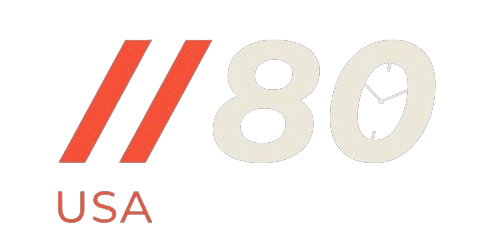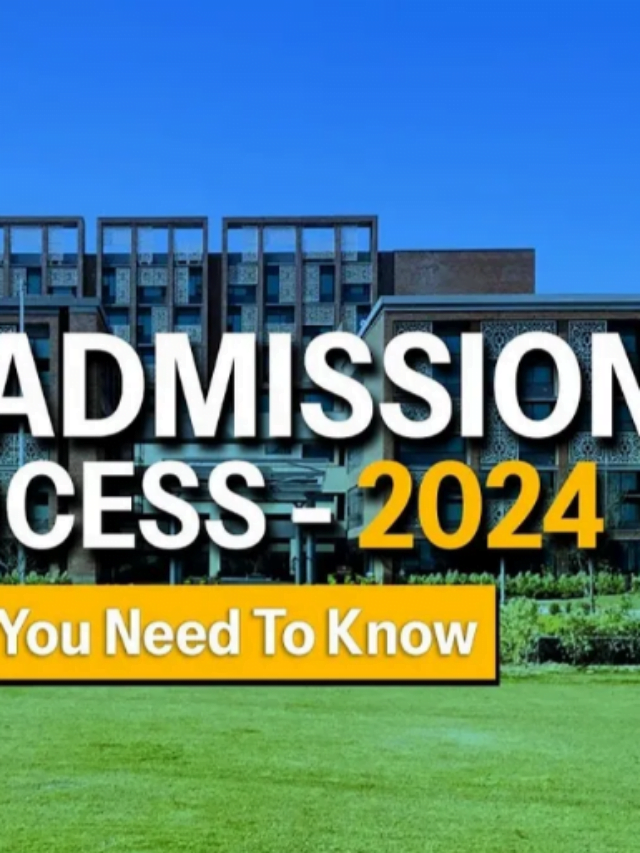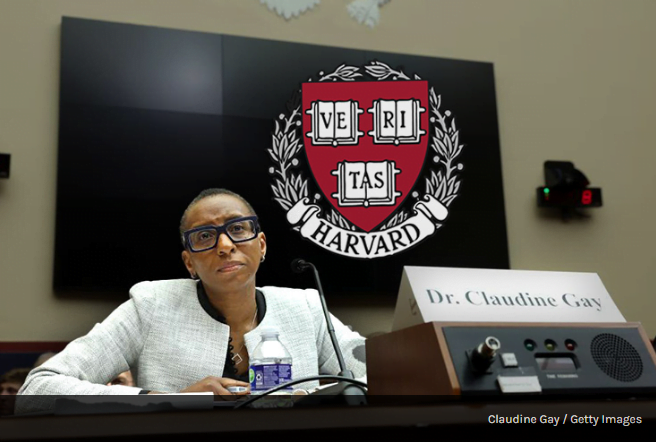

Harvard President Claudine Gay’s abrupt resignation on Tuesday marked the conclusion of the shortest presidency in the history of the prestigious university, a decision made amidst a growing storm of controversy. The Harvard Corporation, the university’s highest governing body, disclosed in an email that University Provost Alan M. Garber ’76 would serve as interim president during the search for Gay’s permanent successor.
The resignation comes just six months and two days into Gay’s tenure, as the university faced mounting allegations of plagiarism and persistent concerns about her response to antisemitism on campus. Her tumultuous congressional testimony on December 5, following the Hamas attack on October 7, had further fueled criticism.
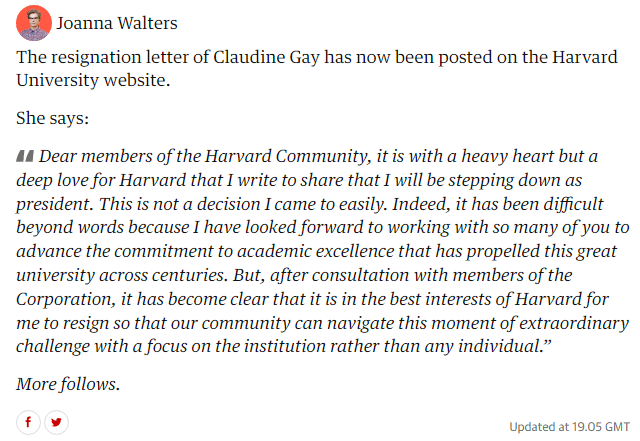

Despite the Corporation’s initial unanimous support for Gay three weeks ago, controversy unfolded after a House committee hearing into allegations of antisemitism on college campuses. This hearing, which involved three university presidents, triggered the resignation of University of Pennsylvania President Elizabeth Magill and, subsequently, Harvard’s own President Claudine Gay.
The focus of the hearing was on how universities were handling accusations of antisemitism in the aftermath of the October 7 Hamas attack and Israel’s subsequent offensive in Gaza. The controversy raised questions about free expression on campus, with critics arguing that it aimed to stifle criticism of Israel.
Claudine Gay, Reported Plagiarism:
Adding to Gay’s challenges, new allegations of plagiarism emerged on Monday, bringing the total number of accusations to nearly 50. The allegations, filed with the university, include instances from Gay’s dissertation and several published works. Despite the Harvard Corporation’s earlier review, these new charges suggest a more extensive problem with inadequate citation.
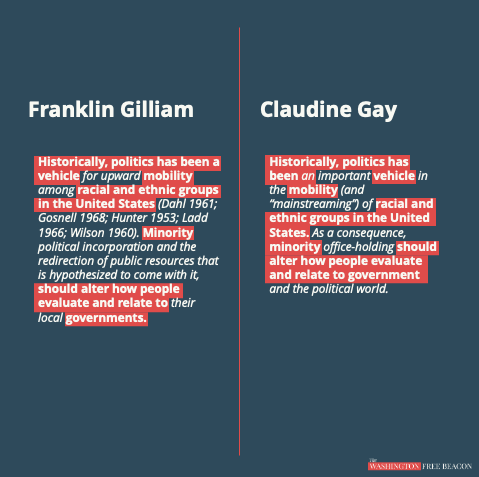

The allegations range from borrowing material from other scholars without proper attribution to clear-cut cases of verbatim copying. The recent complaint filed on Monday points to examples of plagiarism from a 2001 article, including lifting material without proper citation from scholar David Canon.
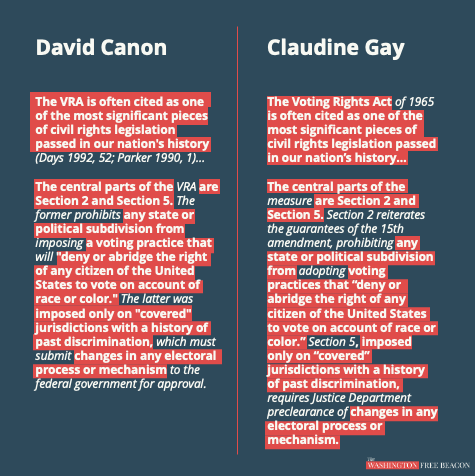

The controversy has also highlighted discrepancies in the Corporation’s review process, with concerns raised about the thoroughness and speed of the investigation. The accusations have led to a growing number of Harvard students speaking out against Gay, asserting that she has been held to a lower standard than the average undergraduate.
While some faculty members, including Harvard Law School professor Randall Kennedy, have defended Gay against what they perceive as “professional vilification,” others are expressing concern about potential double standards. Even as Harvard maintained in December that Gay’s actions did not constitute research misconduct, the recent surge in allegations has prompted some professors to question this stance.
As the Harvard Corporation faces criticism for its response and the broader implications for academic integrity, the university finds itself at a critical juncture with an interim president and the search for a permanent leader underway.

